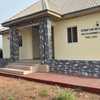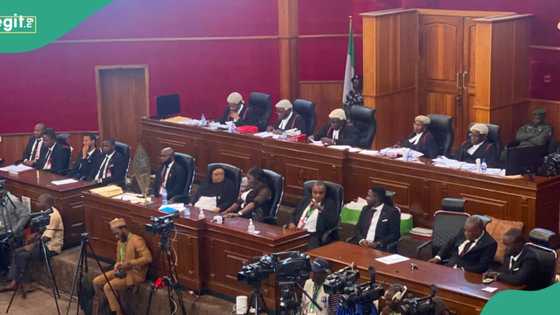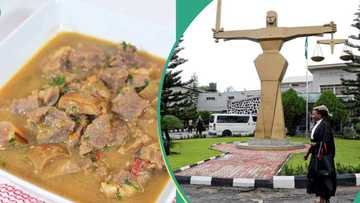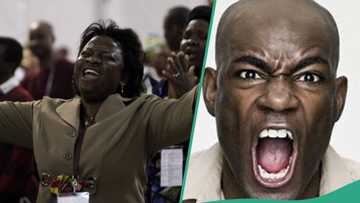
Customary Court
Nigerian Customary Court: Key Functions and Current Realities
1. Role and Jurisdiction
Customary courts in Nigeria primarily handle civil matters involving traditional customs, including marriage, inheritance, land disputes, and family matters within local communities.
Their jurisdiction is limited to cases where all parties are subject to customary law, and they primarily operate in southern Nigeria and certain parts of the north under state laws.
2. Structure and Composition
Typically, a customary court comprises a president and a few members knowledgeable in local customs. While not necessarily trained lawyers, their deep understanding of tradition helps ensure culturally relevant adjudication.
3. Challenges and Reforms
Despite their importance, customary courts face issues such as poor funding, lack of uniformity in rulings, and limited legal training.
Recent calls for reform have focused on codifying customs, training court members, and integrating these courts better within Nigeria’s broader judicial system to ensure fair and modern justice.
These courts remain vital for resolving grassroots disputes.















